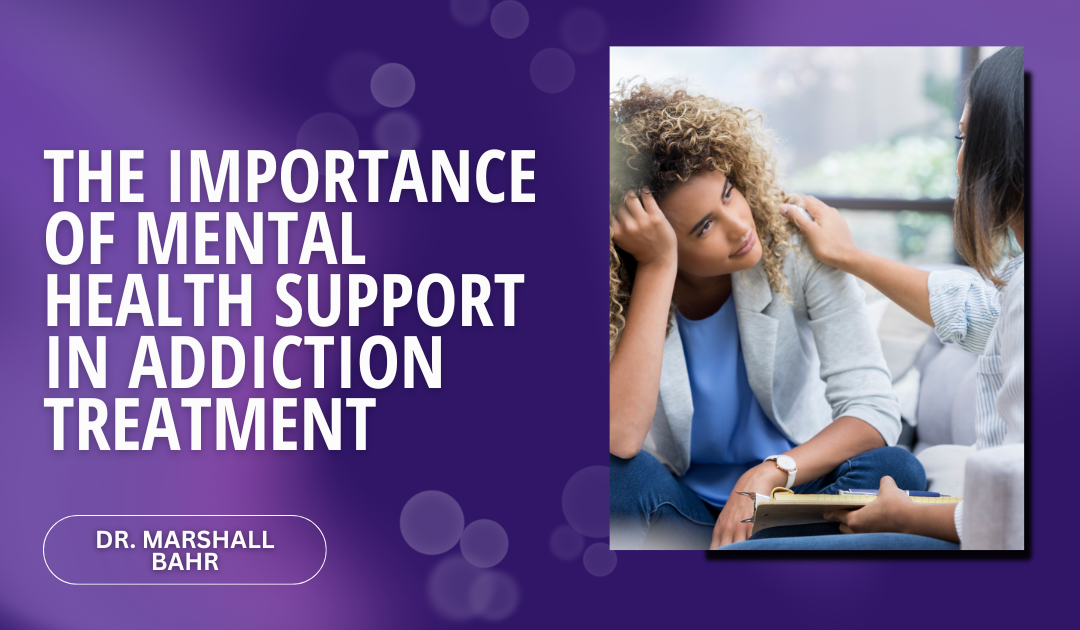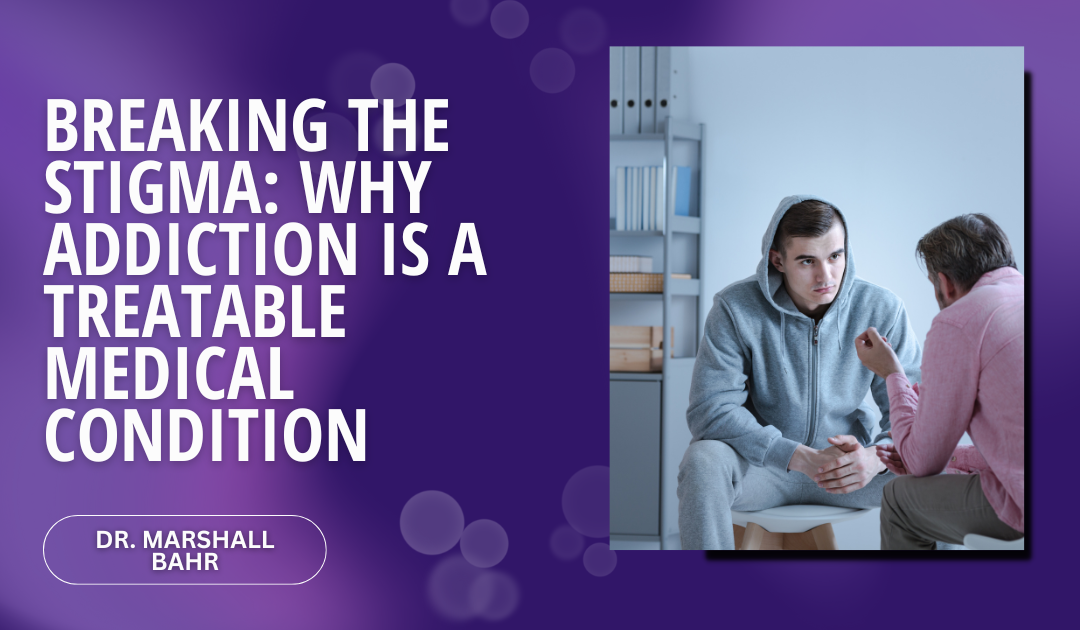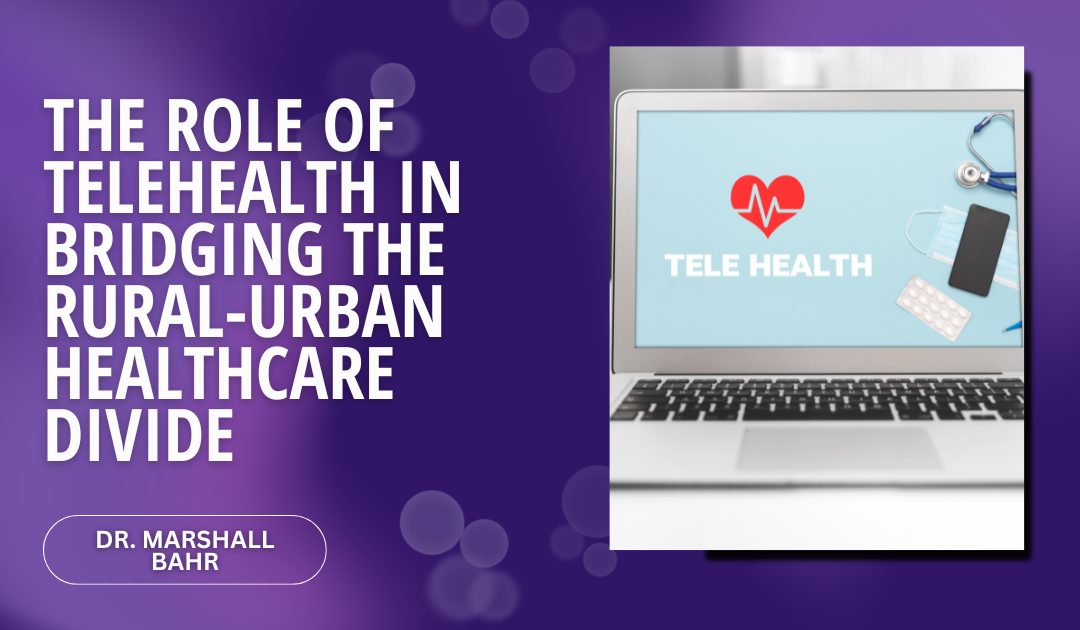
Strategies for Making Telemedicine More Inclusive and Equitable
Telemedicine has revolutionized healthcare by increasing accessibility and convenience, but its benefits are not evenly distributed. Despite its potential to bridge gaps in healthcare access, many populations face barriers to utilizing telemedicine effectively....

The Importance of Mental Health Support in Addiction Treatment
Addiction and mental health are deeply intertwined, creating a complex relationship that demands integrated care. Many individuals with substance use disorders also struggle with mental health conditions such as anxiety, depression, PTSD, or bipolar disorder. This...

How Telehealth is Transforming Access to Mental Health Services
Access to mental health services has historically been a challenge for many individuals, particularly those in rural or underserved areas. Barriers such as limited provider availability, stigma, and logistical constraints often prevent people from seeking the care...

Breaking the Stigma: Why Addiction is a Treatable Medical Condition
Addiction has long been surrounded by stigma, often misunderstood as a moral failing or a lack of willpower. However, science has firmly established that addiction is a chronic, treatable medical condition. Recognizing addiction as a disease, rather than a choice, is...

The Role of Telehealth in Bridging the Rural-Urban Healthcare Divide
Telehealth has emerged as a powerful tool in addressing the disparities between rural and urban healthcare access. For individuals living in remote areas, accessing timely and quality medical care can be a significant challenge due to geographical barriers, provider...

Exploring the Benefits of Medication-Assisted Treatment in Addiction Recovery
Medication-Assisted Treatment (MAT) is a transformative approach to addiction recovery that combines medications with counseling and behavioral therapies. It has become a cornerstone in treating opioid and alcohol use disorders, providing individuals with the tools to...
